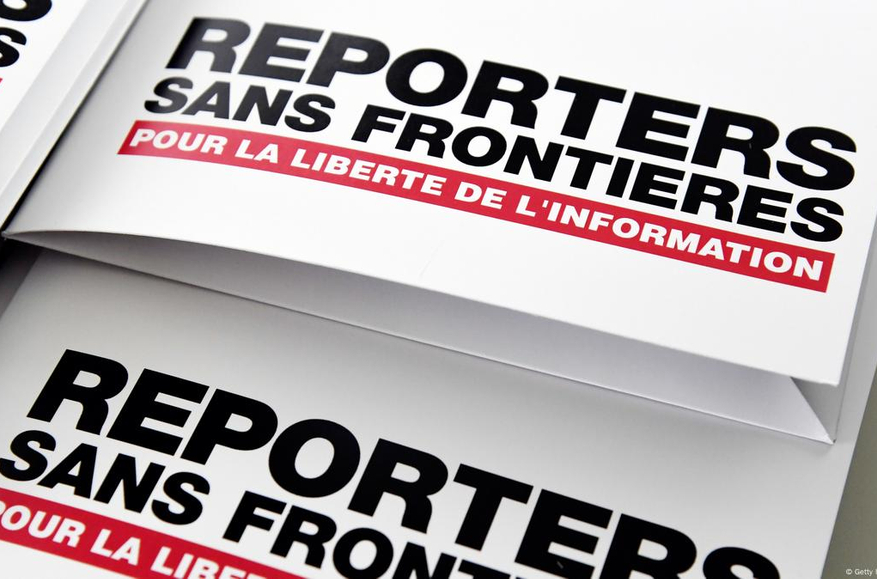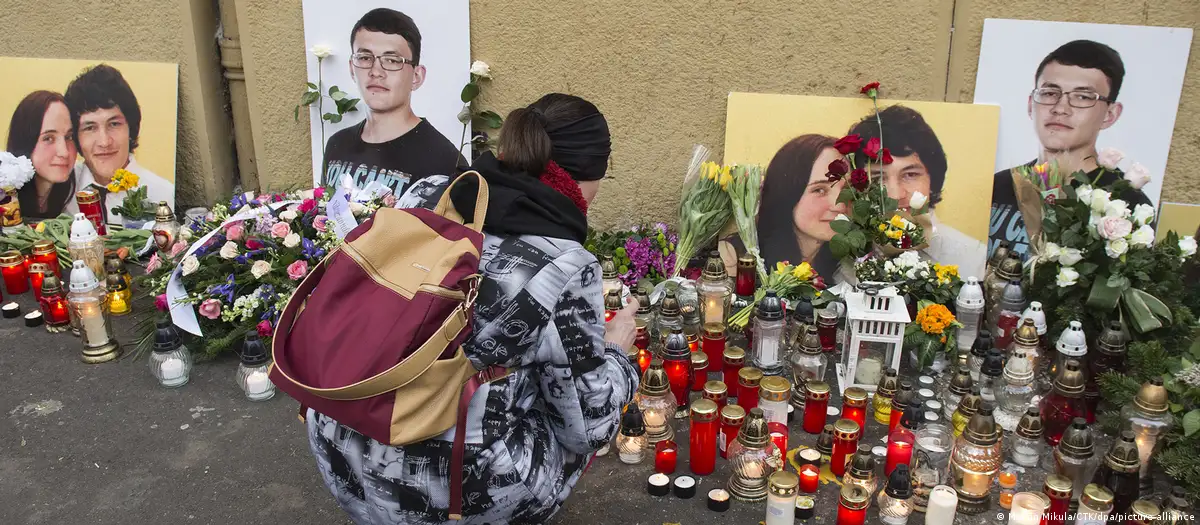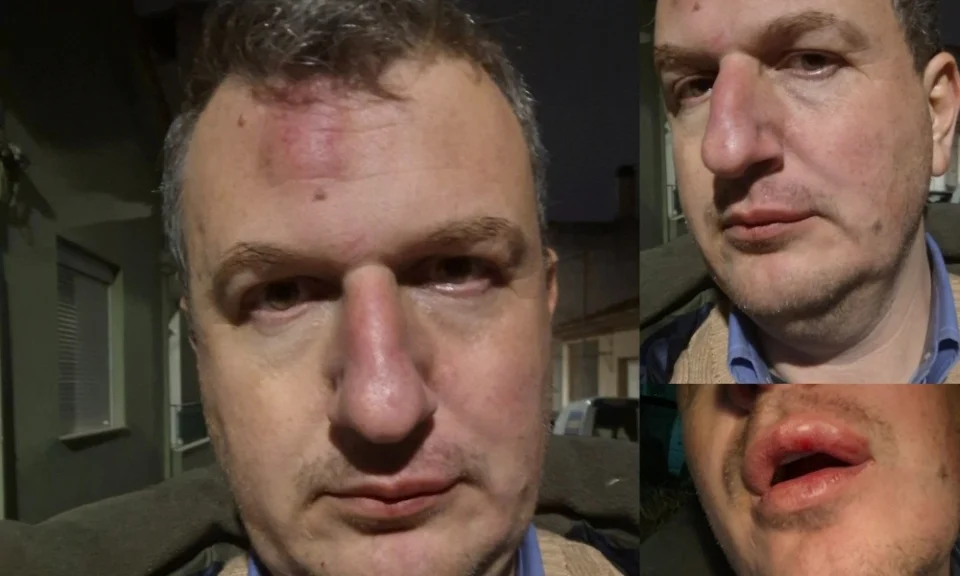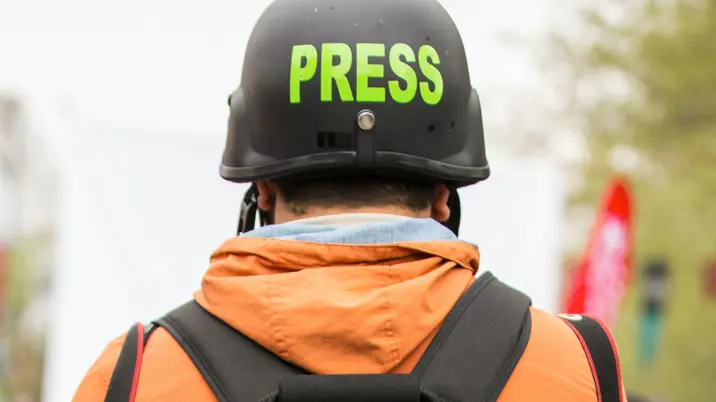
Killing Journalists in Gaza Shatters Press Freedom Safeguards
August 14, 2025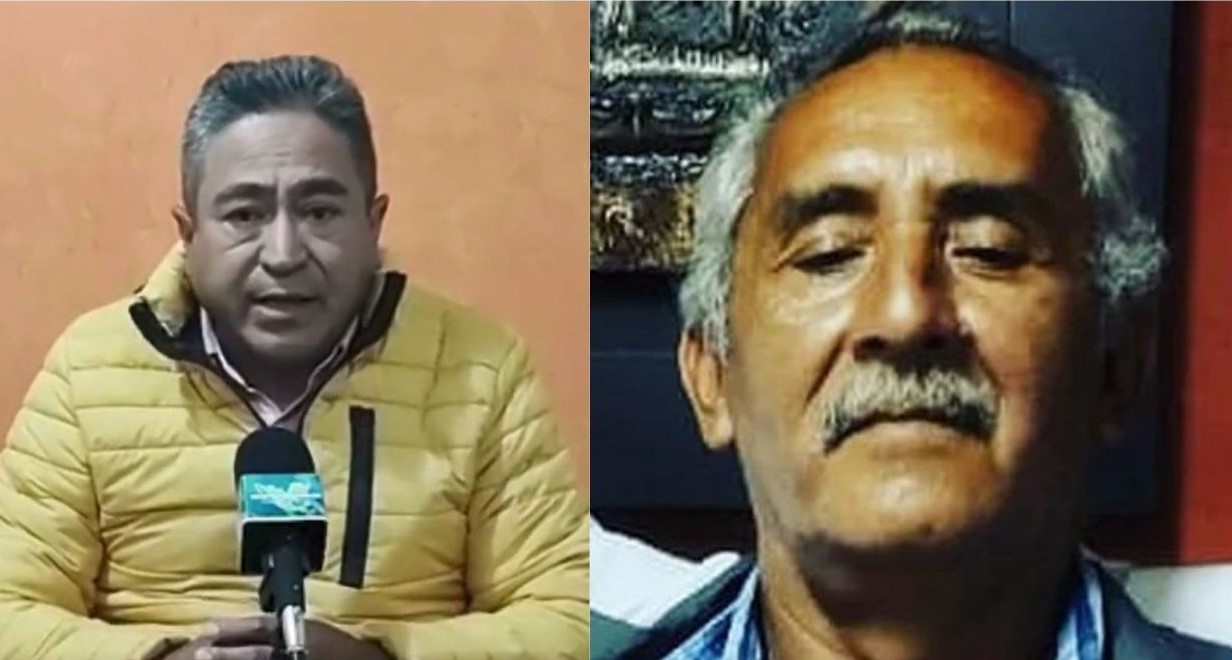
Suspect Arrested in the Murder of Michoacán Journalist Armando Linares López
August 15, 2025August 15, 2025 – Russia –
Russia’s Ministry of Justice declared Reporters Without Borders (RSF) an “undesirable organization,” a move that effectively outlaws the group’s activities in the country. The decision had been made weeks earlier, on July 23rd, by the Prosecutor General’s Office, but was only made public in mid-August. With this ruling, RSF joins a growing list of more than 250 foreign and international organizations barred from operating in Russia.
Founded in 1985 and headquartered in Paris, RSF is one of the world’s most recognized press freedom organizations. It campaigns against censorship, defends internet users’ rights, and advocates for journalists imprisoned because of their work. Although RSF has no permanent offices in Russia, its monitoring of the country’s media landscape and its annual press freedom rankings have long irritated Moscow. The government has accused the organization of activities it deems to “pose a threat” to state security and public order.
The designation has far-reaching consequences under Russian law. Any individual or group cooperating with or disseminating RSF’s work in Russia could face heavy penalties. This includes fines, restrictions on activities, and potential prison sentences. The law is intentionally broad, meaning even sharing RSF’s reports online or referencing their findings could theoretically expose Russian citizens to prosecution.
RSF swiftly condemned the ruling, describing it as an attempt to intimidate and silence independent voices. The organization noted that Russia is not targeting hostile activity but rather the fundamental right to access truthful information. “What the Kremlin calls a threat,” RSF stated, “is in reality the right to news and information.” This step, they argued, demonstrates how far Russian authorities are willing to go to tighten control over the flow of information and isolate citizens from outside perspectives.
The ban on RSF follows a broader crackdown on international NGOs and rights groups that have criticized Russia’s policies. Amnesty International, Human Rights Watch, and other prominent organizations have already been forced out. By criminalizing ties with RSF, Moscow reinforces its stance that external scrutiny of media repression and wartime censorship will not be tolerated. For journalists and civil society, the decision signals yet another escalation in Russia’s ongoing effort to suppress dissent and shield the public from independent reporting.
Reference –

